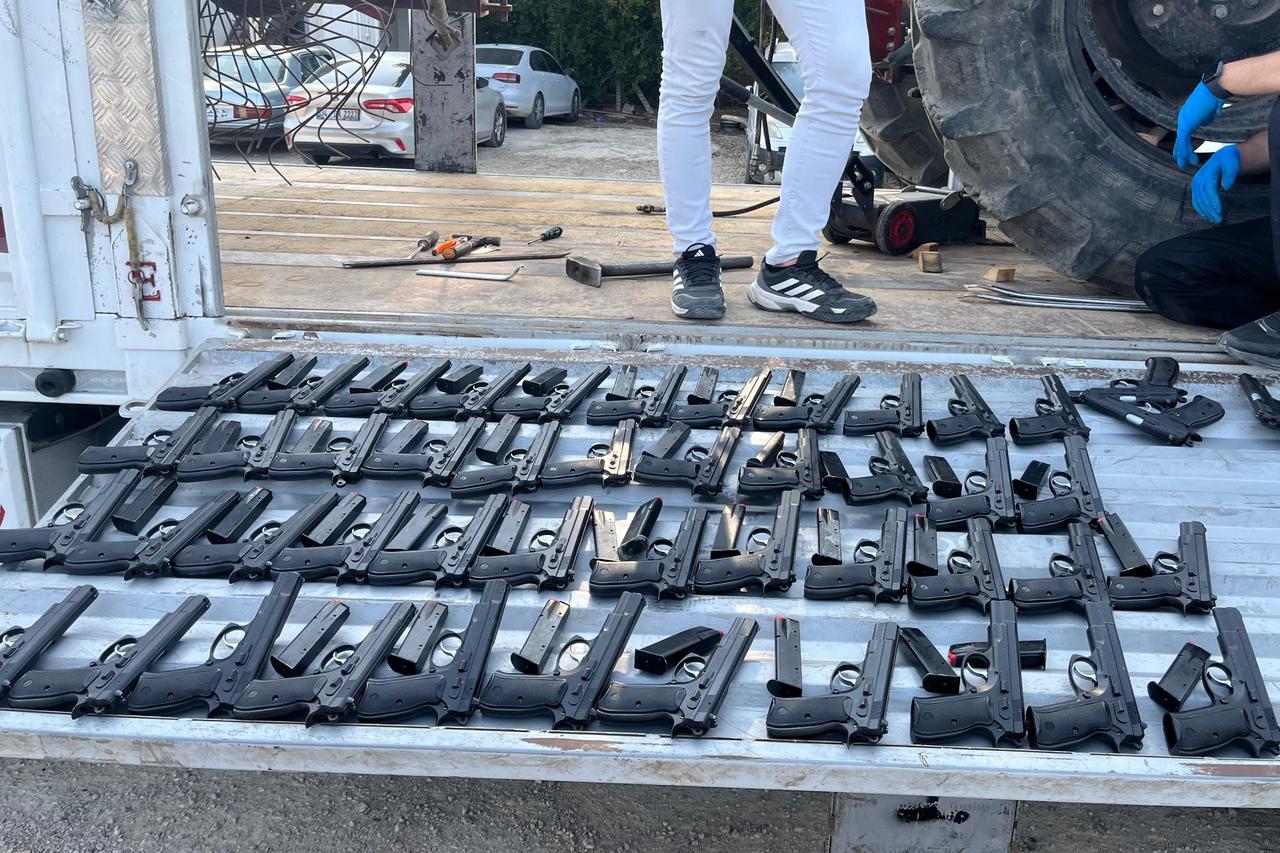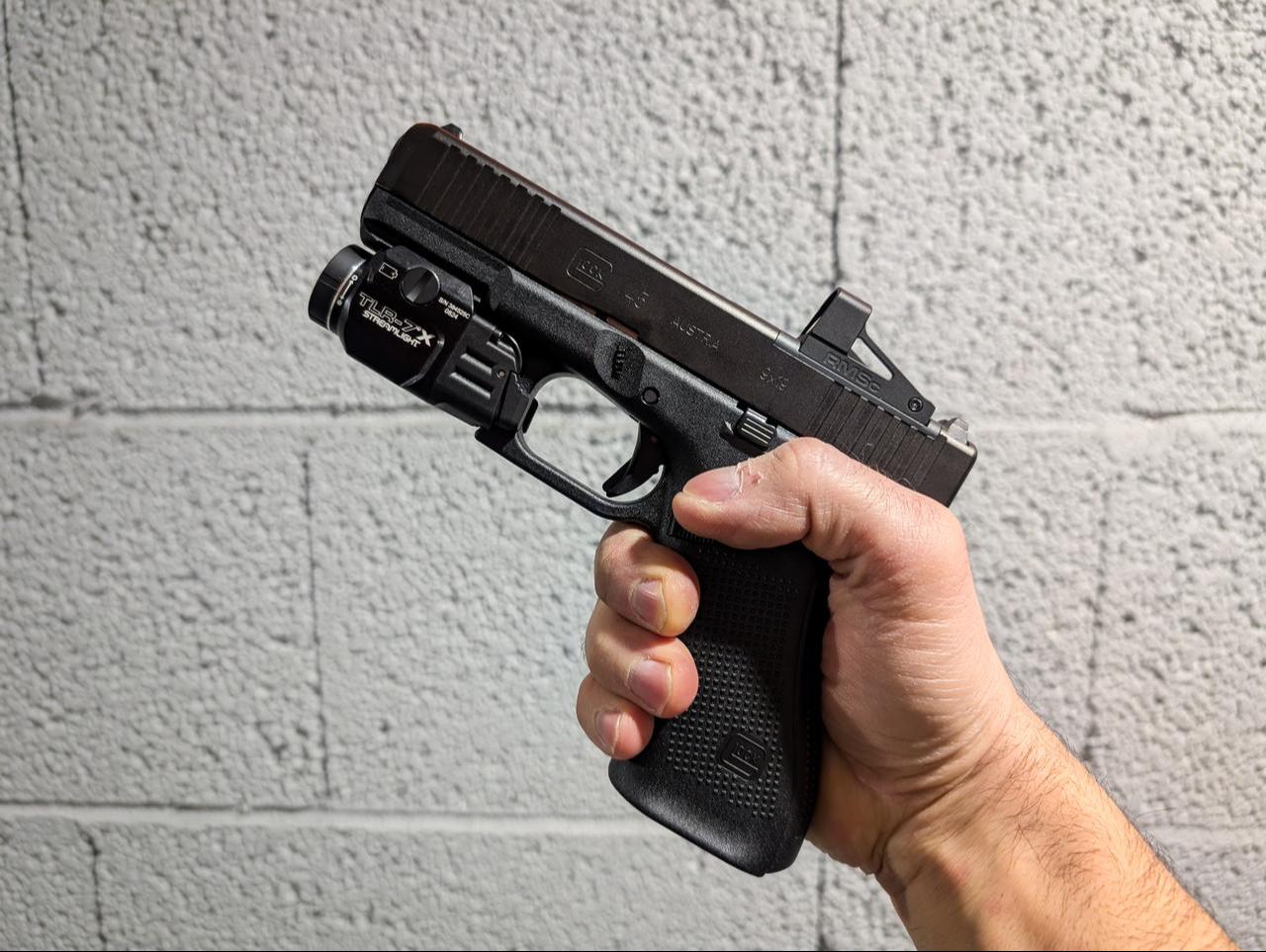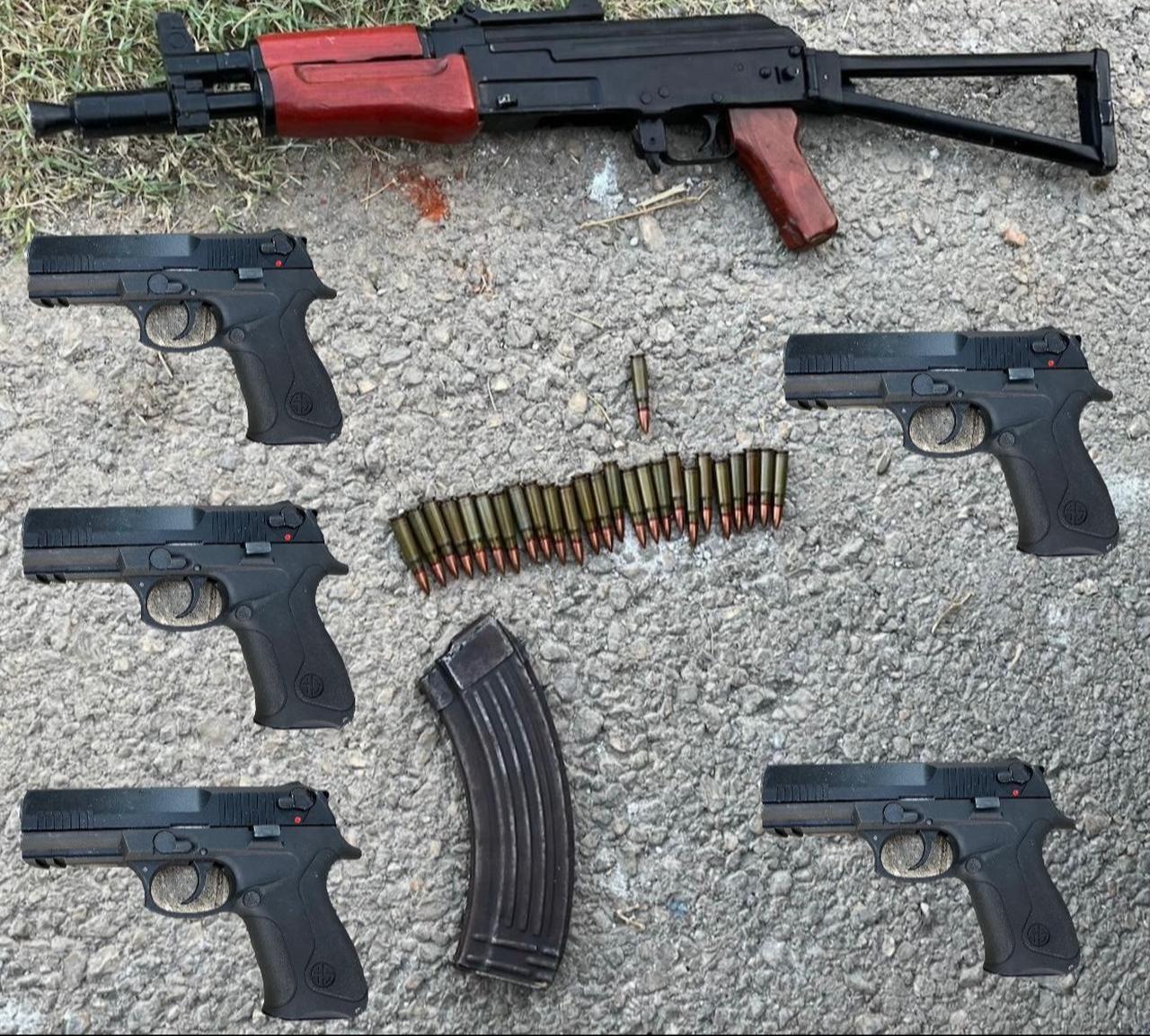
On Sept. 6, 2025, Türkiye increased fixed fees for gun ownership and carrying licenses, following a presidential decree published in the Official Gazette.
The new regulations come as experts warn that unlicensed weapons far outnumber legal ones, contributing to escalating violence across the nation.
The tragic murder of 15-year-old Hilal Ozdemir at Bogazici University with an unlicensed weapon has once again highlighted the dangerous proliferation of illegal armament in Türkiye.
This incident has reignited debate about civilian access to firearms and the effectiveness of current regulations.
While proponents of individual gun ownership rights argue the measures will drive money to arms smugglers rather than supporting the domestic weapons industry, others contend that the primary issue is not a lack of defense but increasing violence.
The magnitude of Türkiye's illegal firearms problem becomes clear through recent data from law enforcement and academic sources. According to Dr. Ayhan Akcan, a psychiatry specialist and board member of the Hope Foundation, approximately 2.5 million civilians currently hold licensed firearms in Türkiye.
However, the number of unlicensed weapons is staggering—nine times higher than legal ones, totaling over 25 million illegal firearms according to the report of the foundation.
These illegal weapons are responsible for the vast majority of gun-related crimes. Only 4% of firearm-related offenses involve licensed weapons, while over 90% are committed using unlicensed firearms.
The independent research organization Small Arms Survey reported that Türkiye had 10.7 million unlicensed firearms in 2017, indicating the problem has likely worsened significantly since then.

Perhaps most concerning is how easily illegal firearms can be obtained in Türkiye. Internet-based transactions have made acquiring unlicensed weapons remarkably simple, requiring only a few messages to obtain desired models without detection by authorities.
This digital marketplace operates largely beyond the reach of traditional law enforcement surveillance methods.
Law enforcement data reveals the scope of the challenge facing the Turkish authorities. During operations conducted in 2024, security forces seized 90,317 unlicensed firearms and took action against 100,317 individuals in related cases.
These numbers represent only a fraction of the estimated illegal weapons in circulation.
Legislation passed in November 2023 introduced serious prison sentences for carrying unlicensed firearms.
However, the impact of these stricter penalties has not yet been reflected in crime statistics, suggesting either insufficient time for deterrent effects or inadequate enforcement mechanisms.
Official data from the security forces, dated July 2022, shows 627,765 carry-licensed firearms in Türkiye. Of these, 185,153 belong to civilians with multiple acquisition rights due to life security concerns or professional requirements.
When including 370,000 possession licenses, the total number of licensed firearms reached 998,237 as of June 2022.
The statistics reveal that 84% of crimes involving firearms utilize unlicensed weapons, underscoring the limited role of legal firearms in criminal activity.
According to security force statements, licensed firearms represent approximately 3% of Türkiye's total population, placing the country in a moderate position internationally.
Türkiye ranks first in Europe for unlicensed civilian firearms and seventh globally. Germany follows Türkiye with 10 million civilian firearms, while France has 8.2 million and Italy 6.6 million.
These comparisons highlight Türkiye's exceptional position in illegal weapons circulation within the European context.

Ministry of Justice data reveals a disturbing trend of increasing firearm access among minors. Court records show that 3,352 children were prosecuted in 2022 under the "Law on Firearms, Knives, and Other Tools."
The age breakdown is particularly concerning: 455 children were between 12 and 14 years old, while 2,897 were in the 15-17 age group.
These prosecutions involved charges related to using, possessing, or trafficking weapons and knives.
The data indicate that the minimum age for weapon-related crimes has dropped to 12 years old, suggesting that illegal firearms are reaching increasingly younger demographics.
The trend contradicts official application statistics, which show a decrease in license applications while gun-related crimes continue to rise. This paradox highlights the disconnect between legal and illegal firearms markets in Türkiye.
The debate over Türkiye's approach to civilian firearms centers on two contrasting models. Supporters of individual gun ownership rights argue that the new fee increases will redirect billions of dollars intended for the domestic weapons industry toward arms smugglers instead. They advocate for a more liberal approach similar to the United States model.
However, critics point to the American experience, where schools now conduct armed attack drills as a routine safety measure, as evidence of the dangers of widespread civilian armament.
The alternative approach, exemplified by Japan's strict gun control policies, involves collecting all firearms from civilian hands.
Japan maintains extremely low rates of both licensed and unlicensed firearms among civilians, often cited as a successful model of comprehensive gun control. This approach stands in stark contrast to Türkiye's current situation, where illegal weapons vastly outnumber legal ones.
The ongoing debate reflects broader questions about public safety, individual rights, and the role of the state in regulating civilian access to weapons.
As Türkiye implements higher licensing fees, the effectiveness of this approach in addressing the underlying illegal firearms crisis remains to be seen.